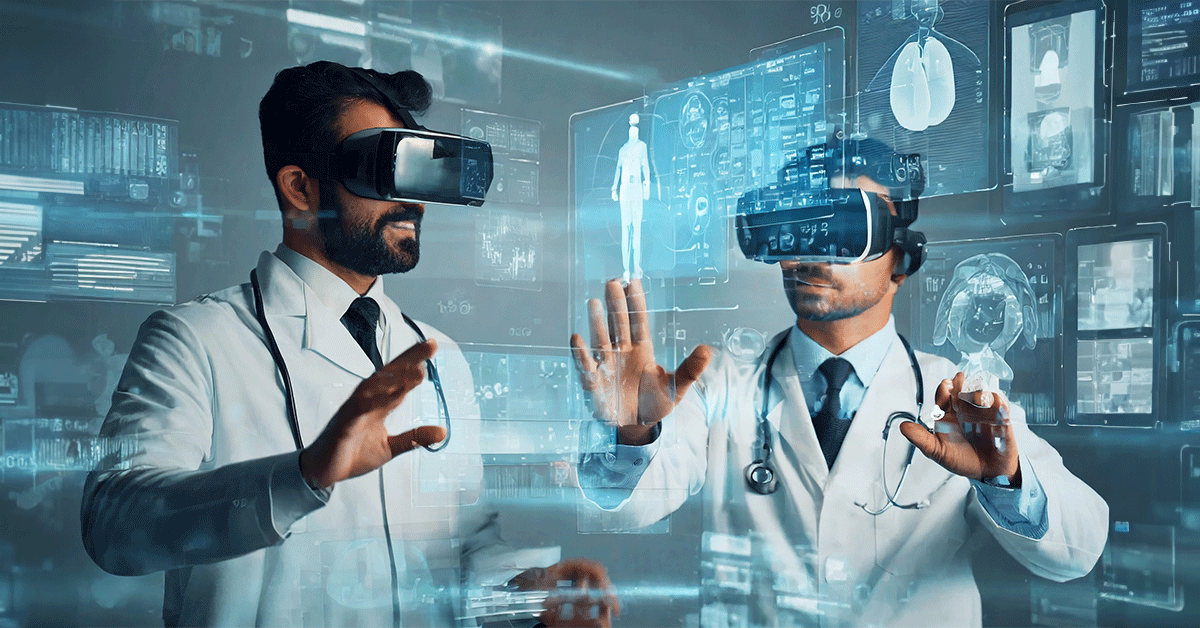Artificial intelligence (AI) is helping a lot of industries grow, and healthcare is one of them. According to Statista, the AI healthcare market raked in $11 billion in 2021, and projections are skyrocketing, aiming for $187 billion by 2030.
Better machine learning (ML) algorithms, a surge in data accessibility, more budget-friendly hardware, and the grand arrival of 5G are the backbone of AI's booming journey in healthcare.
We have already talked about several incidents and examples of AI improving healthcare, like Medical AI Chatbots that do exist, like Med-PaLM 2 powered by Google DeepMind, Microsoft's AI Therapist, and how bigger tech titans are already joining this AI and health game, like Priscilla Chan and Mark Zuckerberg, with their Chan Zuckerberg Initiative (CZI).
Even the first AI chatbot, Eliza is supposed to help with mental problems. And I'm going to tell you more about how artificial intelligence is used in healthcare.
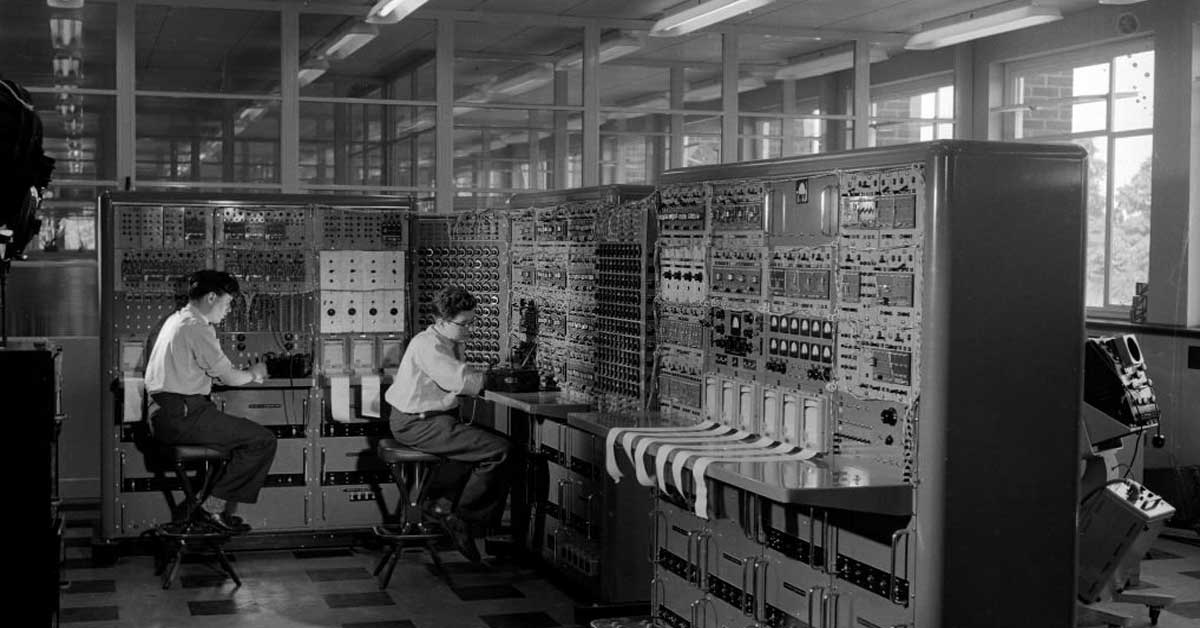
Artificial Intelligence (AI) in Healthcare
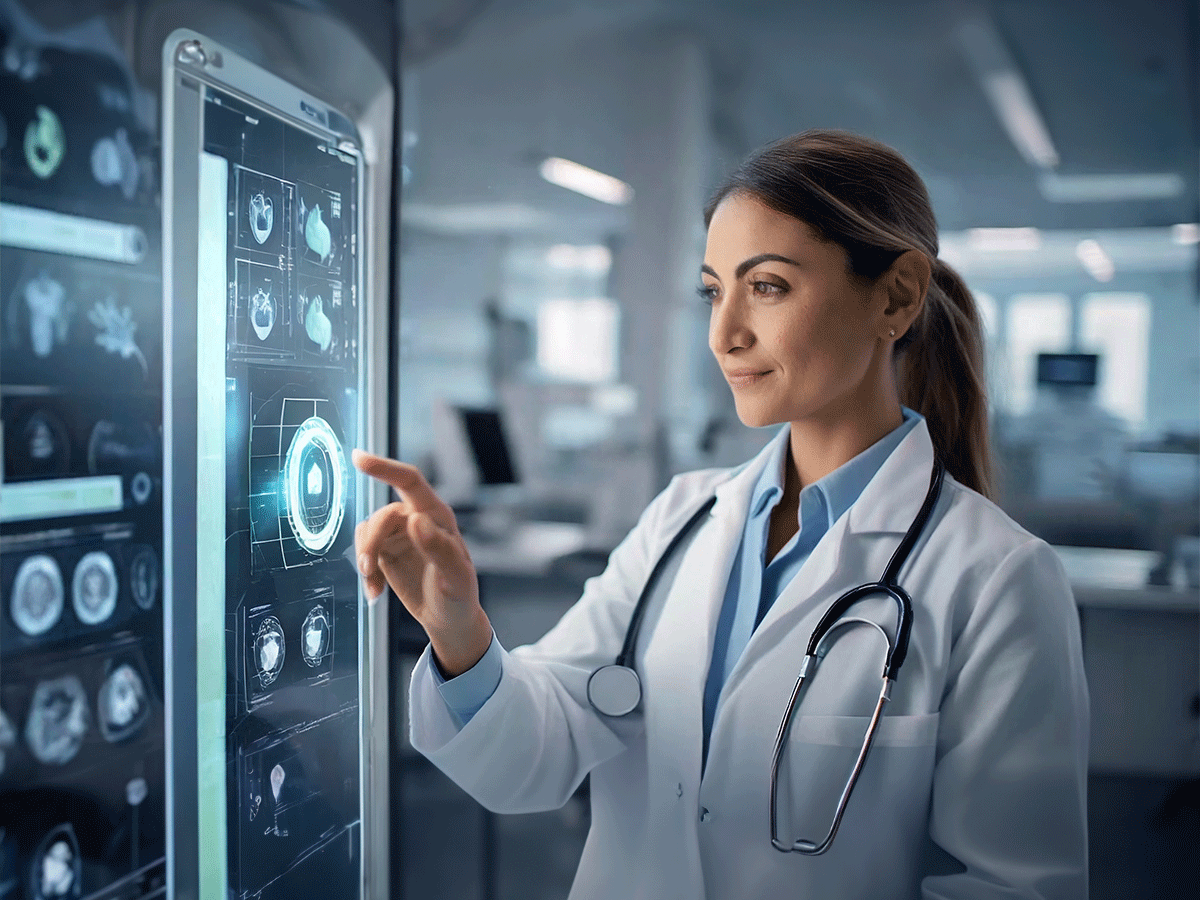
AI is here to stay and is already changing the way we live. In the healthcare industry, these intelligence programs are challenged to range from disease diagnosis to crafting personalized treatment plans.
Thanks to AI, healthcare is entering an era of personalized treatment. With the power of new technologies, it's pretty easy to make personalized treatments and not a one-size-fits-all generic medication. With enough data, a smart healthcare program could diagnose diseases and intercept them before they debut.
The impact of AI isn't a distant concept at all. We could say it's not just about massive datasets and complex algorithms; it's about making your healthcare experience smoother, more effective, and uniquely yours. From the global stage to your local clinic, AI is transforming how we approach health challenges.
What are the Applications of AI in Healthcare?
Let's talk about the applications and uses of Artificial intelligence in the healthcare industry.
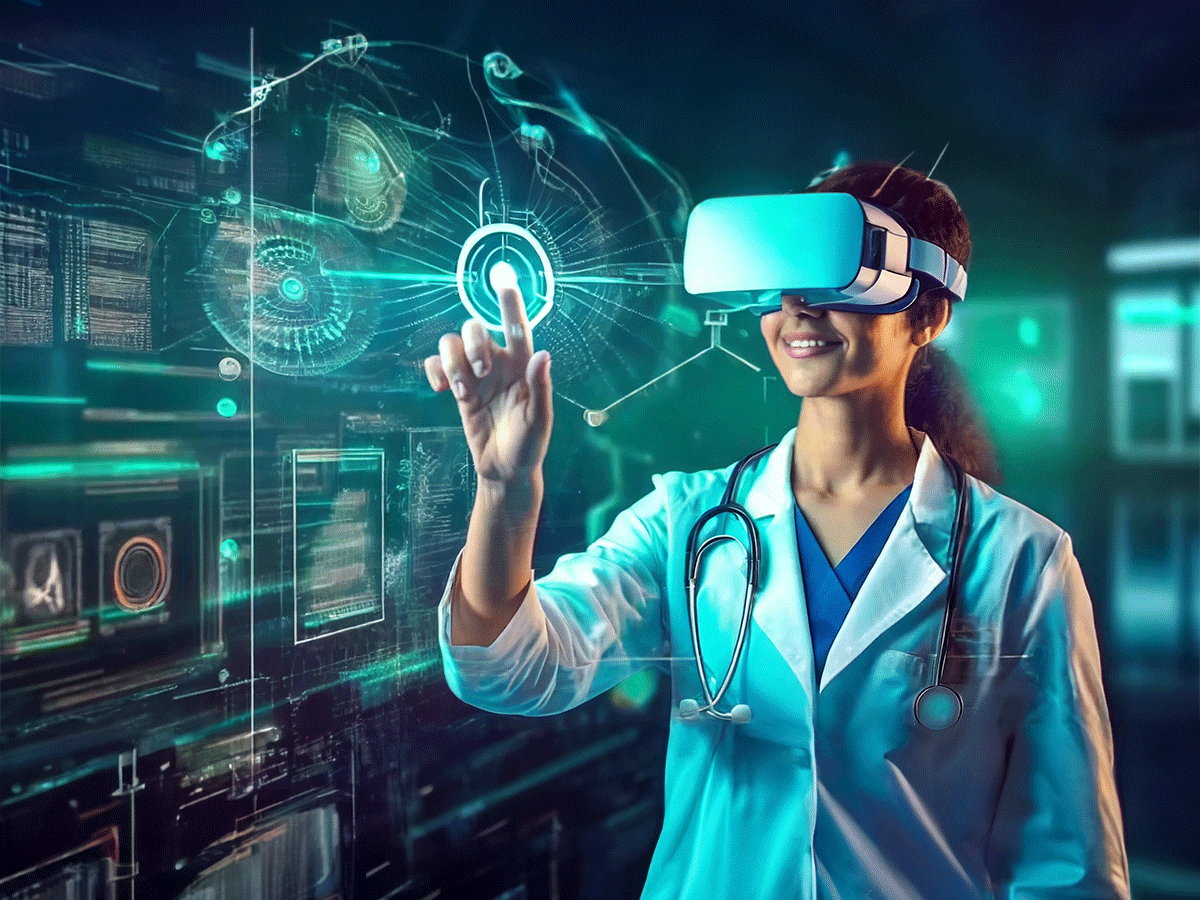
Speeding Through Health Data
AI and ML (machine learning) speed up your health diagnosis. They crunch through health data at a pace and speed up the diagnostic process.
Administrative Workflow
Thanks to AI, healthcare Administrative Workflow is getting way faster. Generative AI could take notes and summarize content, simplifying your doctor's life (and yours).
Virtual Nursing Assistants
Virtual Nursing Assistants (healthcare companions) understand your medication quirks very fast. These programs could manage medications and schedule appointments. AI-powered healthcare programs and automation processes free up the clinical staff to focus on what matters most - your care.
Dosage Error Reduction
Medication errors are really scary, but with specialized programs, Dosage Error Reduction could identify errors in how you self-administer medications; it ensures you get it right every single time.
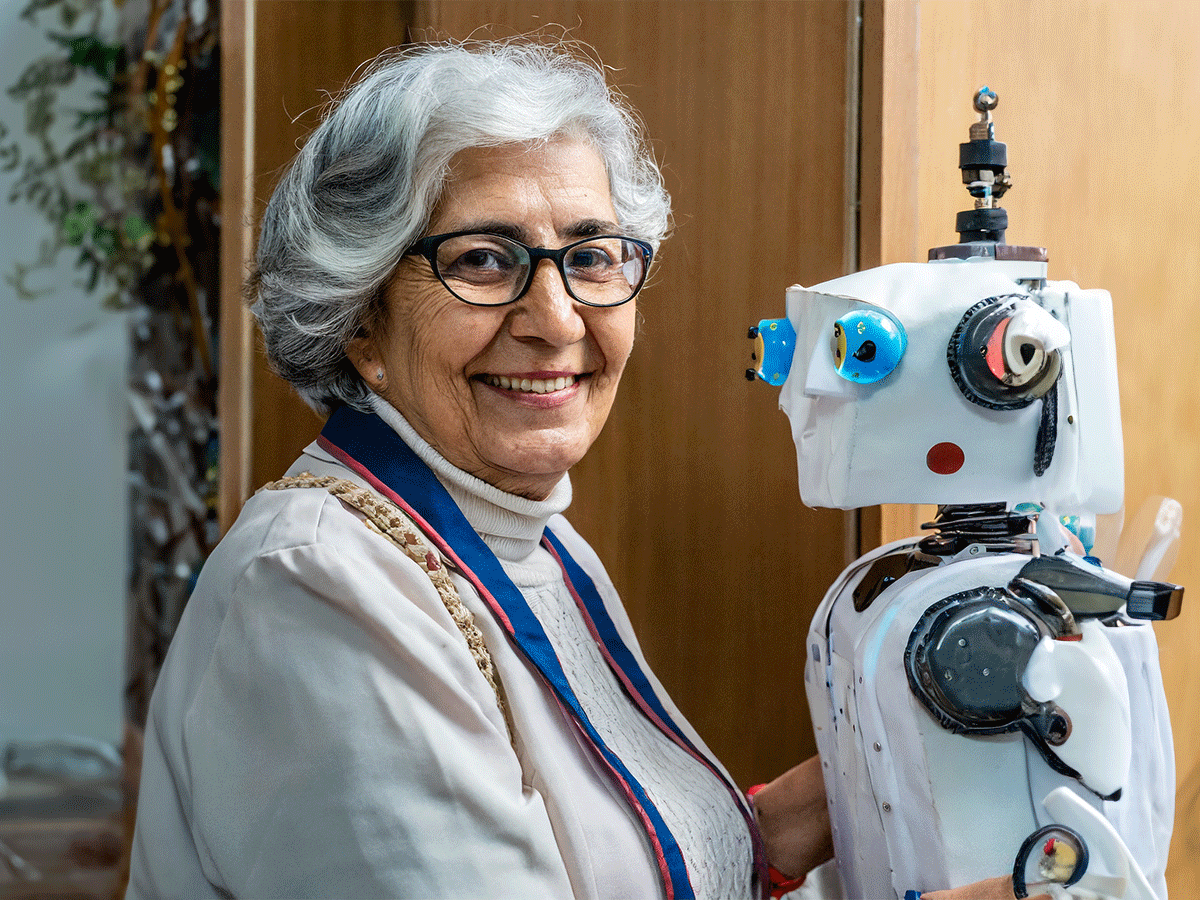
Less Invasive Surgeries
In the operating room, AI isn't wielding a scalpel, not yet at least. But with AI-enabled robots promising less invasive procedures. Like reduced blood loss, minimal infection risks, and quicker post-surgery recovery.
Fraud Prevention
Insurance claims can be tricky, but with AI, detecting fraudulent patterns and fraud prevention are getting better, ensuring fairness in healthcare finance.
Improving Healthcare User Experience
Your doctor might better understand you with AI technologies like natural language processing (NLP), predictive analytics, emotion AI, and speech recognition. These programs and now technology help to improve healthcare user experiences.
Efficiency in Healthcare Diagnoses
Diagnoses are getting a tech makeover with potential cost reductions of up to 50% and health outcomes improvement of 40%. It's already happening to fields like fine-tuning breast cancer risk predictions.
Health Monitoring and Preventive Care
Artificial intelligence aiding in Health Monitoring and Preventive Care. Detecting and tracking infectious diseases, including the notorious COVID-19 by real-time data from health monitors and fitness apps.
Connecting Disparate Healthcare Data
Sharing your medical care history is a bit difficult. Especially when you are going to see a new doctor or going Abroad. With a little help from intelligence programs, you could be connecting disparate healthcare data efficiently.
It will be way faster for a doctor to understand the source of your condition if they have previous experience, and they could connect the dots and find the issue. These programs already exist, such as diabetes management and groundbreaking drug safety innovations, like those by SELTA SQUARE.
Main AI Technologies Shaping Healthcare

Before we go further, let me quickly explain the main types of Artificial intelligence technologies that are used mostly in the healthcare industry.
Machine Learning: Decoding Patterns for Precision Care
In health care, Machine Learning (ML) appears rather than algorithms deciphering complex patterns and data. As of 2018, 63% of US companies recognized the potential of incorporating ML into their healthcare strategies.
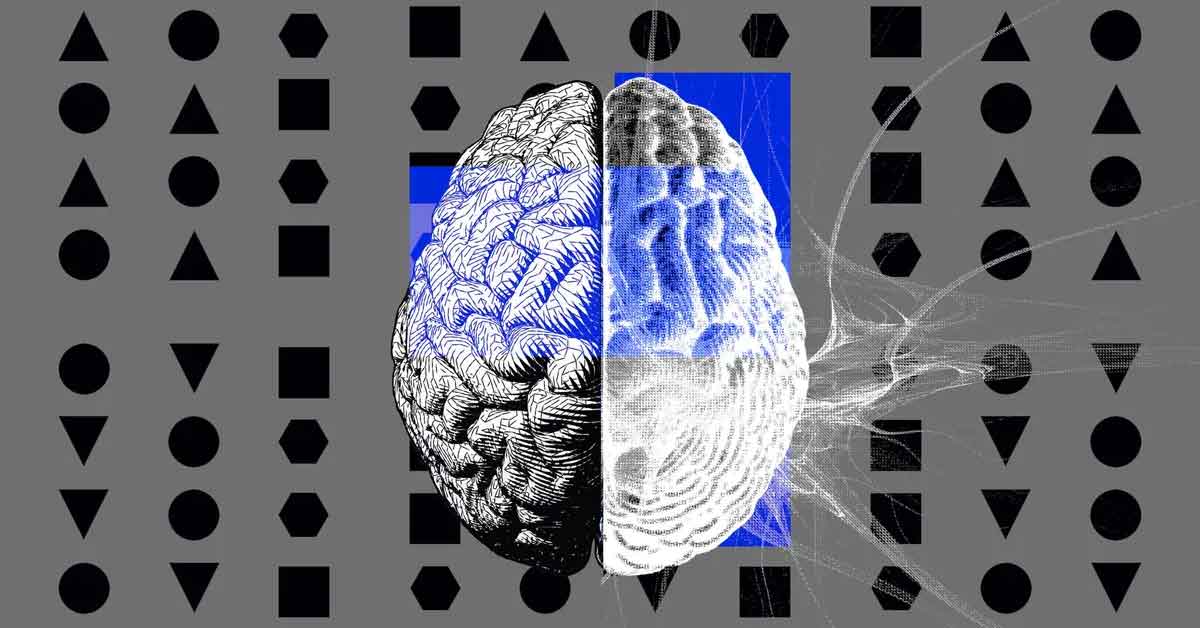
Internet of Things (IoT) in Healthcare
The Internet of Things (IoT) is not just about smart homes but also smart health. With devices communicating seamlessly, patient data flows in real time. This interconnectedness allows for timely interventions and a more holistic understanding of a patient's well-being.
Internet of Medical Things (IoMT)
The Internet of Medical Things (IoMT) quietly extends the IoT's capabilities. From wearable devices tracking vital signs to smart medical devices, the behind-the-scenes connectivity ensures healthcare isn't confined to clinics. It's a continuous data stream, enhancing the understanding of patient conditions.
Robotic Process Automation (RPA)
Robotic Process Automation (RPA) is like a tireless assistant in healthcare administrative tasks. Inexpensive and easily programmable, RPA performs repetitive duties like claims processing and patient record updates. There are surgical RPA too.
With more than 200,000 industrial robots installed annually worldwide. Surgical robots, approved in the USA in 2000, enhance surgeons' abilities in intricate procedures like gynecologic and prostate surgeries.
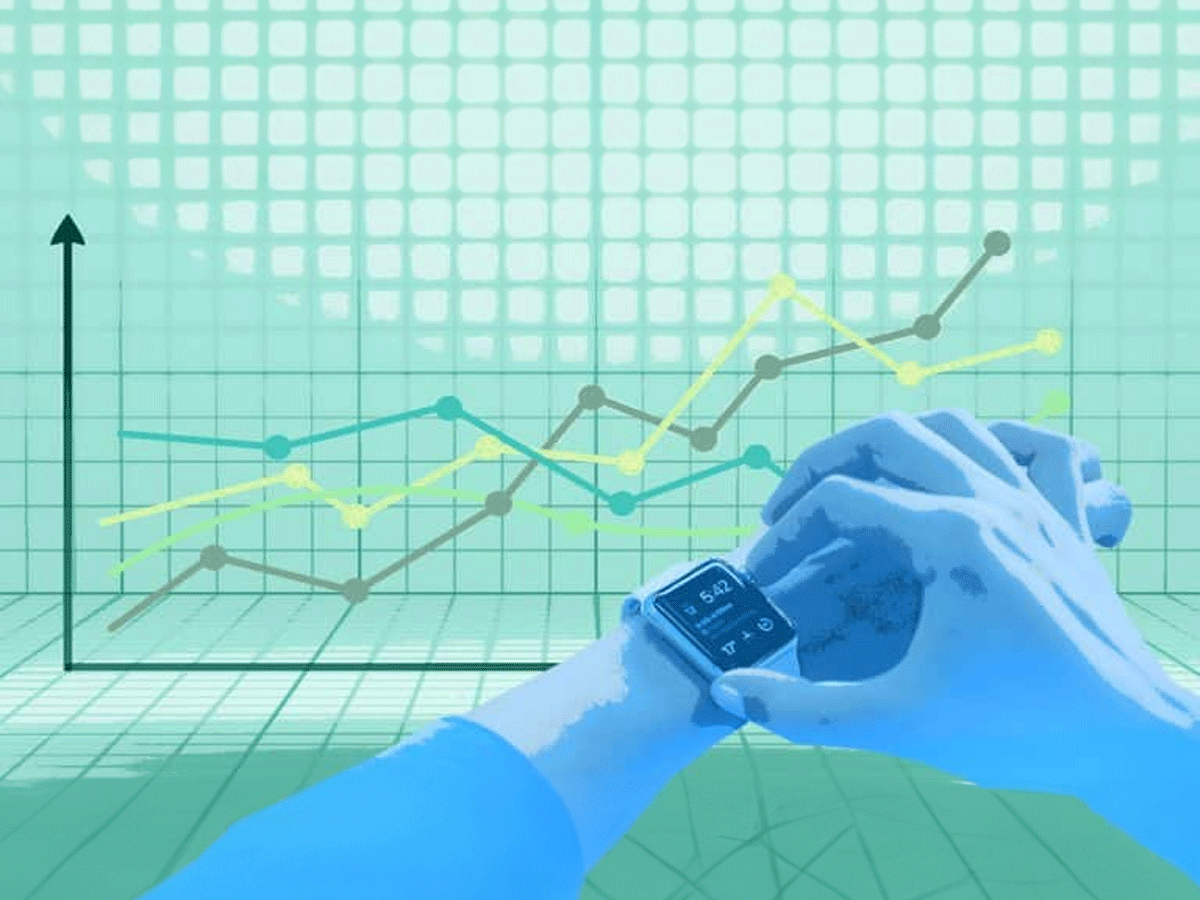
Rule-Based Expert Systems
Rule-Based Expert Systems were widely used in the 1980s for clinical decision support; these systems required human experts to construct rules within specific knowledge; these systems were the pioneers of clinical decision support. Constructed by human experts, they paved the way for more data-driven approaches that we witness today in machine learning algorithms.
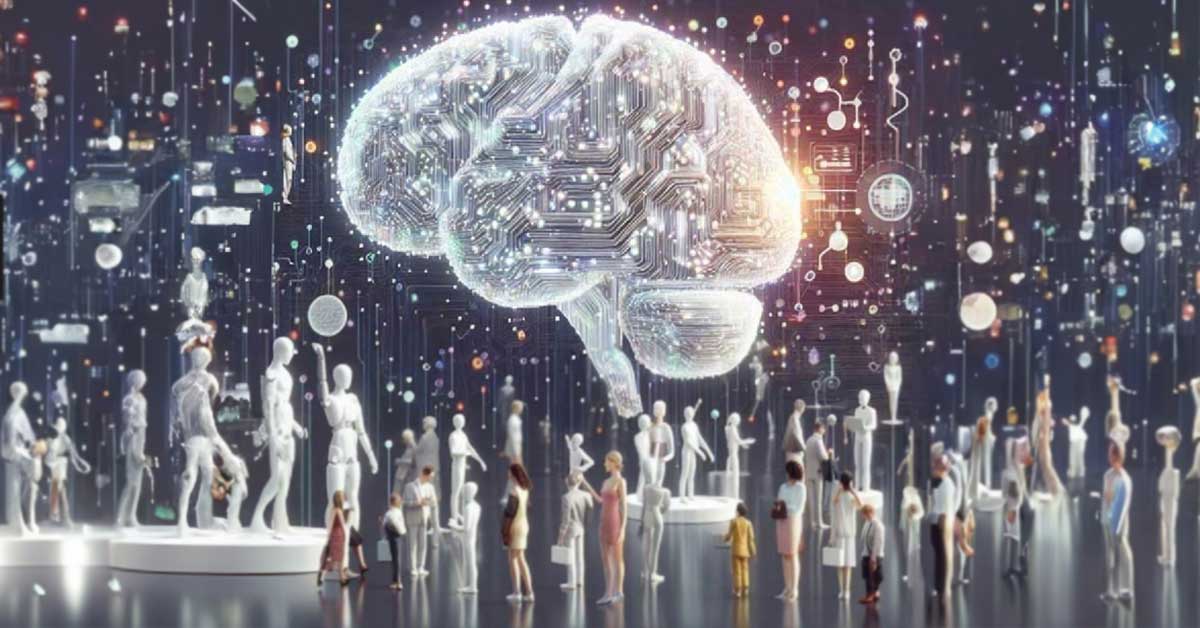
Natural Language Processing (NLP)
Natural Language Processing (NLP) is crucial in creating, understanding, and classifying clinical documentation. Whether transcribing spoken words or deciphering medical notes, NLP is the linguistic backbone of AI in healthcare.
Neural Networks and Deep Learning
Within healthcare research, the Neural Network technology stands tall, excelling in categorization applications. Deep Learning, a sibling to ML, involves models with many levels of predicting outcomes.
The smart use of artificial intelligence in health care
AI-based solutions have been proven to be highly effective in optimizing diagnostic and treatment processes by utilizing extensive amounts of both structured and unstructured medical data from various healthcare institutions. So, let's talk more about the smart use of artificial intelligence in health care.
Early Disease Prediction
Early disease prediction basically predicts the disease before symptoms surface, and AI takes center stage. By analyzing colossal datasets, it could be helpful in spotting irregularities that escape the human eye.
The American Cancer Society report highlights how AI helps evaluate and translate mammograms with 99% accuracy, zipping through diagnoses 30 times faster. IBM's Watson or Merative is a system that could be used in these situations; a fusion of ML and NLP garnered attention for precision medicine, especially in cancer treatment.
Robotic Surgery and Robotic Assistance
Robotic surgery and robotic assistance are becoming a thing in healthcare. AI-powered robots are transforming surgical processes with precision. These robots could perform Procedures with reduced pain, minimal scarring, and quicker healing times.
Medical Imaging and Diagnostics
When it comes to medical imaging and diagnostics, Nearly 38% of medical providers already use medical software, and 90% of healthcare data is fueled by imaging technologies. AI steps in, automating diagnostic tests with a surgeon's precision, making them not only quicker but also incredibly precise.
Drug Discovery
Artificial intelligence is already helping in drug discovery. Biotech companies are implementing AI and machine learning, birthing a potential market of new medicines worth $50 billion over the next decade.
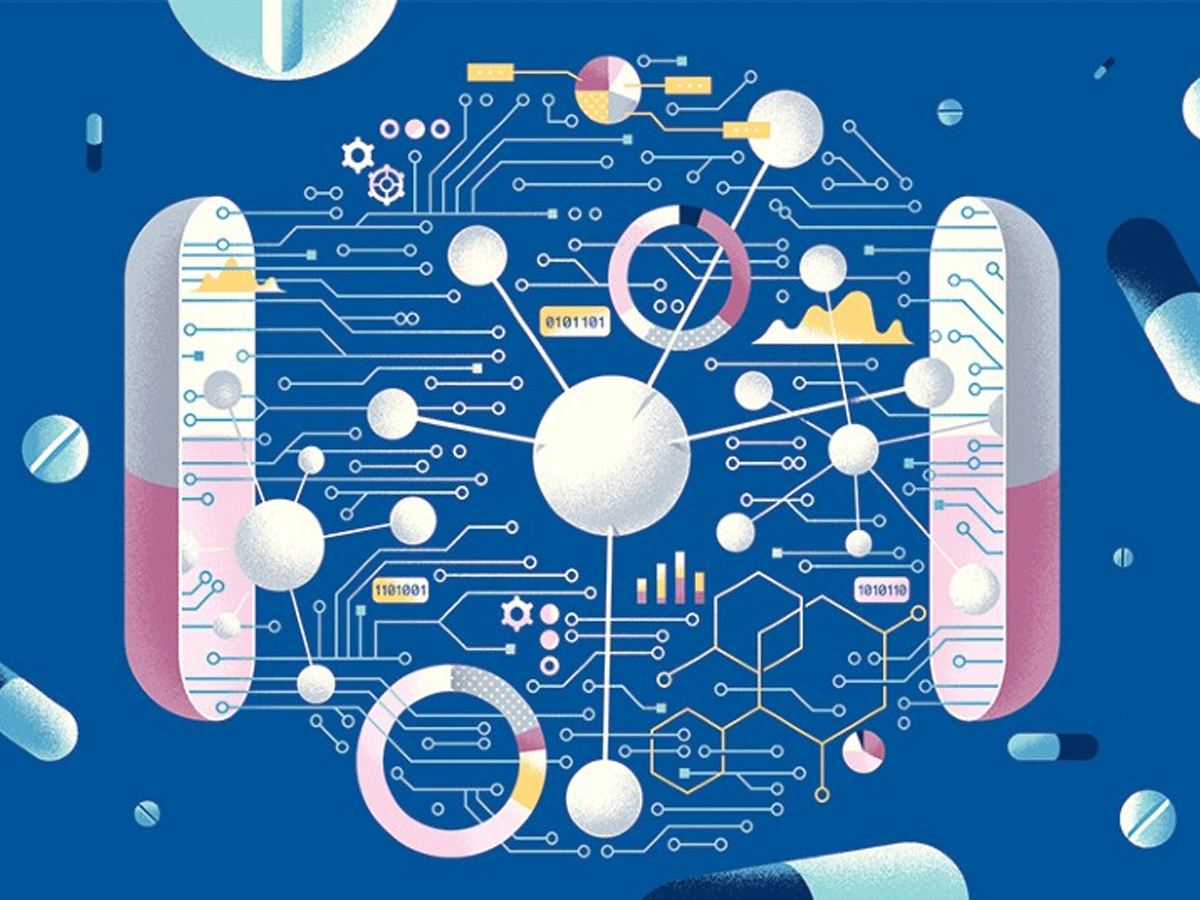
Real-time Prioritization and Triage
In healthcare, every second can make a difference. This is where AI steps into the spotlight. In real-time prioritization and triage, AI enhances patient intake. In a scenario where patients are guided through the healthcare processes instead of waiting in uncertainty. AI achieves this feat through chatbots and voice assistants.
One notable player in this tech- and healthcare transformation is Jvion. Jvion uses AI-enabled prescriptive analytics to sort through data and help users understand the nuances of each case in real-time. Jvion's technology is capable of prioritizing with the urgency it deserves.
What is AI in Telemedicine?

Artificial intelligence can be used in telemedicine to improve patient care. It can be especially useful in monitoring patients' health remotely using wearable devices and sensors. This can help to identify and manage chronic conditions early on, prevent complications, and reduce the need for in-person visits.
With AI capabilities, telemedicine allows patients' health to be monitored in real-time, miles away from the clinic. Remote patient monitoring allows healthcare providers to keep an eye on their patients' well-being without physical proximity.
With the power of intelligence systems, telemedicine ensures that healthcare consultations are both remote, timely, and precise. AI algorithms analyze data, providing accurate insights and enabling healthcare professionals to make informed decisions without needing in-person meetings.
Emotion AI, Ambient Intelligence & Chronic Disease Management

Recently, we discussed how Emotion AI works. In healthcare, patients' mental health is a critical part of healing. You could design an Emotion AI to cater to individuals with mental health challenges and autism, especially in telemedicine applications.
Identifying Mental Illness - Speech Analysis
AI-driven speech analysis not only identifies but also helps in understanding mental illnesses such as dementia, depression, and autism. This analysis helps enable healthcare providers to offer targeted and empathetic interventions.
Ambient Intelligence
Imagine a healthcare environment that adapts to your needs without explicit commands. This is the promise of Ambient Intelligence (AmI). The intersection of AI, IoT, and Big Data creates a system where patient visits become more efficient and monitoring becomes automated.
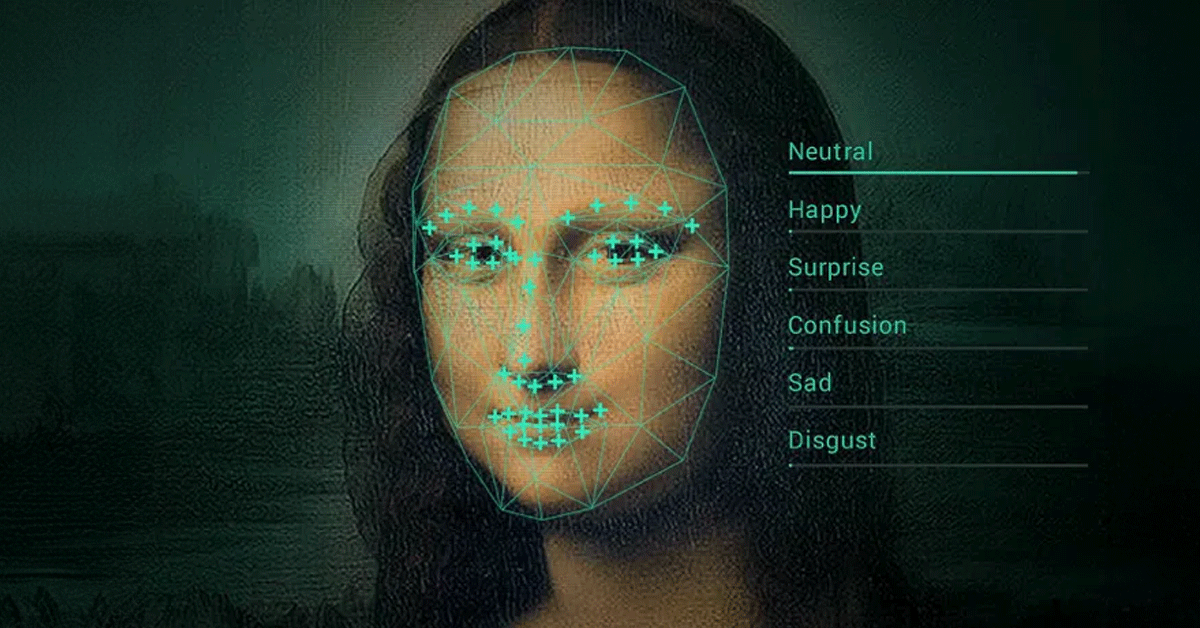
Precision in Chronic Disease Management
AI technology in healthcare promises improved accuracy in diagnosing and treating chronic diseases. Computational models, particularly in cardiology, are set to provide personalized treatment plans, marking a significant stride in the journey toward precise and effective healthcare.
Challenges in the Adoption of AI in Healthcare Industry
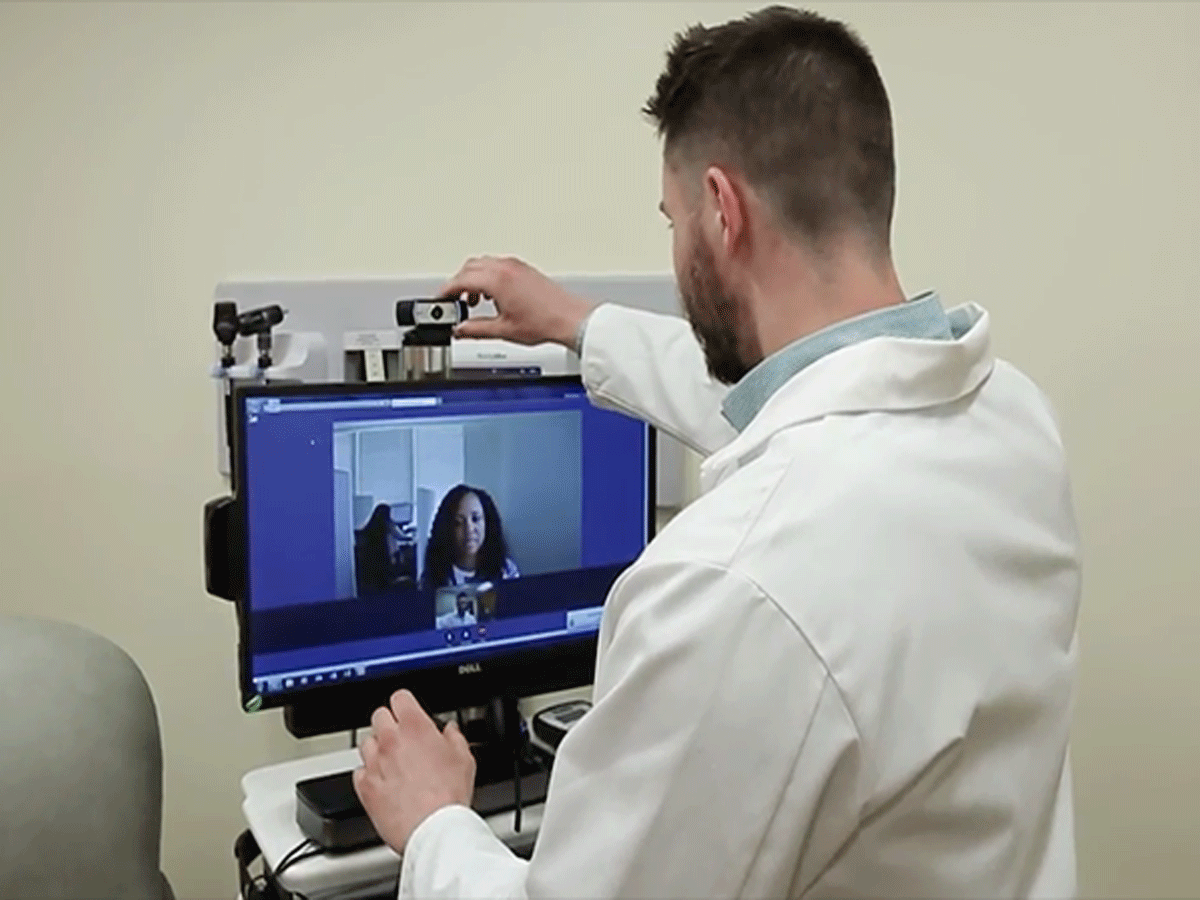
The widespread adoption of intelligence systems in healthcare faces a lot of challenges. The need marks the road ahead for regulatory approval, seamless integration with Electronic Health Record (EHR) systems, standardization of practices, comprehensive clinician training, and the crucial factor of securing adequate funding.
As this influence grows, the necessity for robust ethical and regulatory governance becomes increasingly apparent. However, navigating this terrain is not without challenges.
Concerns linger regarding potential bias, the lack of transparency, privacy issues tied to the data used for training AI models, and the broader spectrum of safety and liability concerns.
According to insights from Laura Craft, VP Analyst at Gartner, the developing nature of these AI techniques in most health delivery organizations leaves a void in common rules and guidelines for enthusiastic entrepreneurs venturing into AI pilot designs.
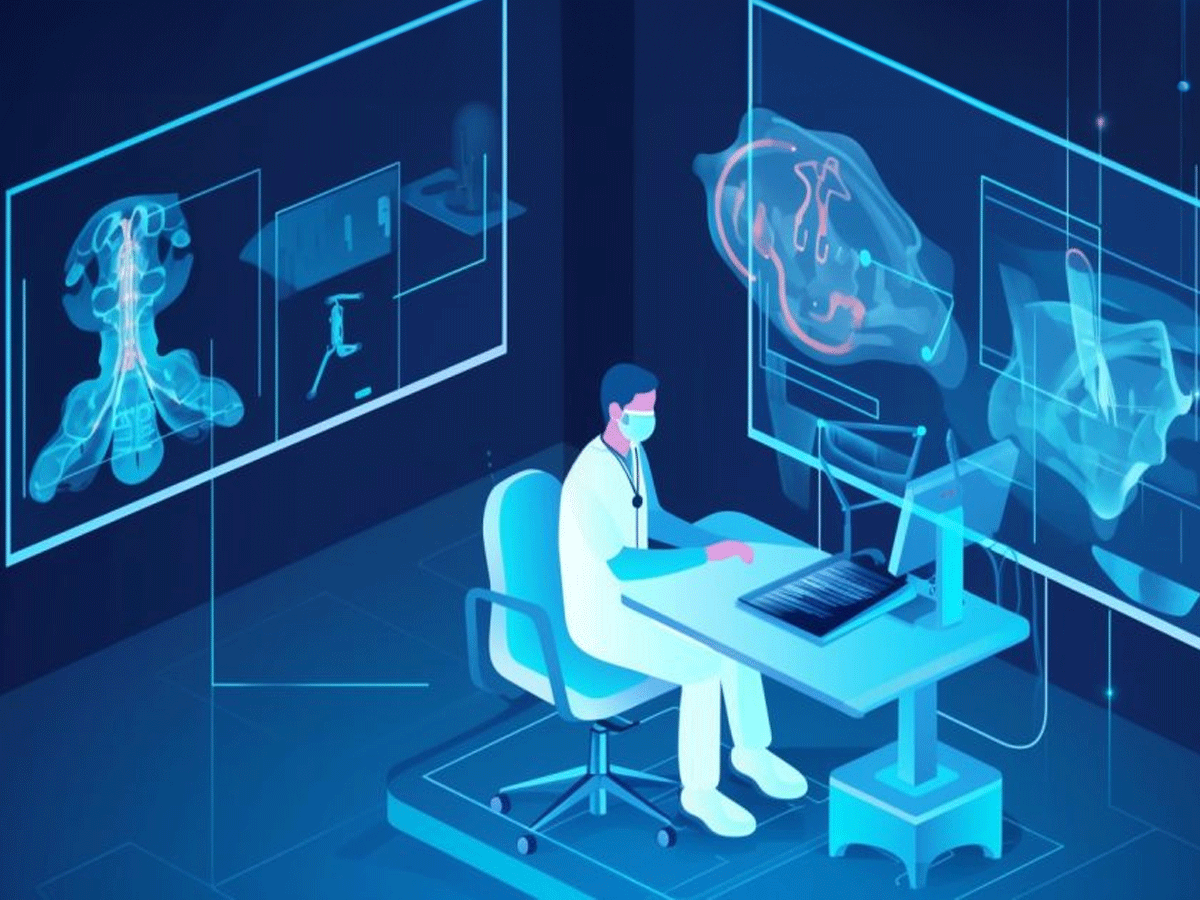
Recognizing the critical need for governance in this space, the World Health Organization (WHO) undertook an 18-month journey, collaborating with leading experts from ethics, digital technology, law, human rights, and various ministries of health members, healthcare organizations.
Their comprehensive report, "Ethics & Governance of Artificial Intelligence for Health," identifies ethical challenges and risks associated with AI in healthcare and outlines six consensus principles.
- Protecting autonomy
- Promoting human safety and well-being
- Ensuring transparency
- Fostering accountability
- Ensuring equity
- Promoting tools that are responsive and sustainable
Beyond principles, the WHO report extends recommendations aimed at ensuring that the governance of AI in healthcare not only realizes the technology's potential but also ensures healthcare workers' accountability and responsiveness to the communities and individuals they serve.
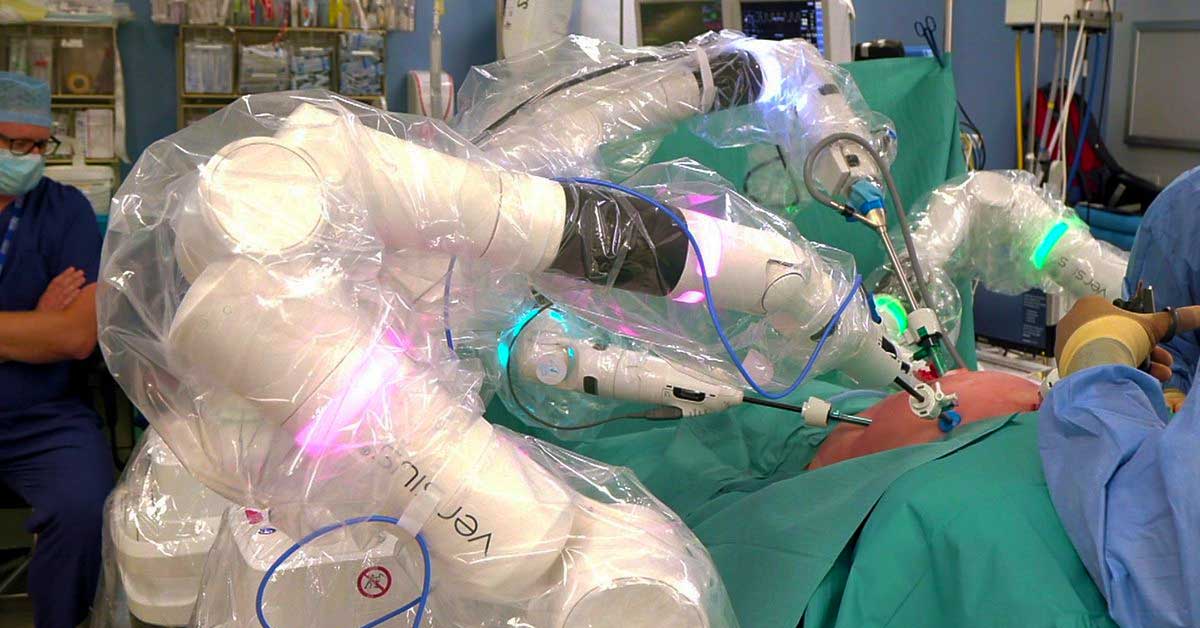
Patient privacy concerns loom large, as revealed by a UK survey where 63% expressed discomfort in sharing personal data to improve AI technology. Discussions stir around the potential replacement of 35% of jobs in the UK within the next 10 to 20 years, with specific areas like digital information, radiology, and pathology deemed susceptible to this technological shift.
Yet, the role of AI alongside doctors is promising to enhance healthcare quality without eliminating jobs but rather preventing burnout and cognitive overload.
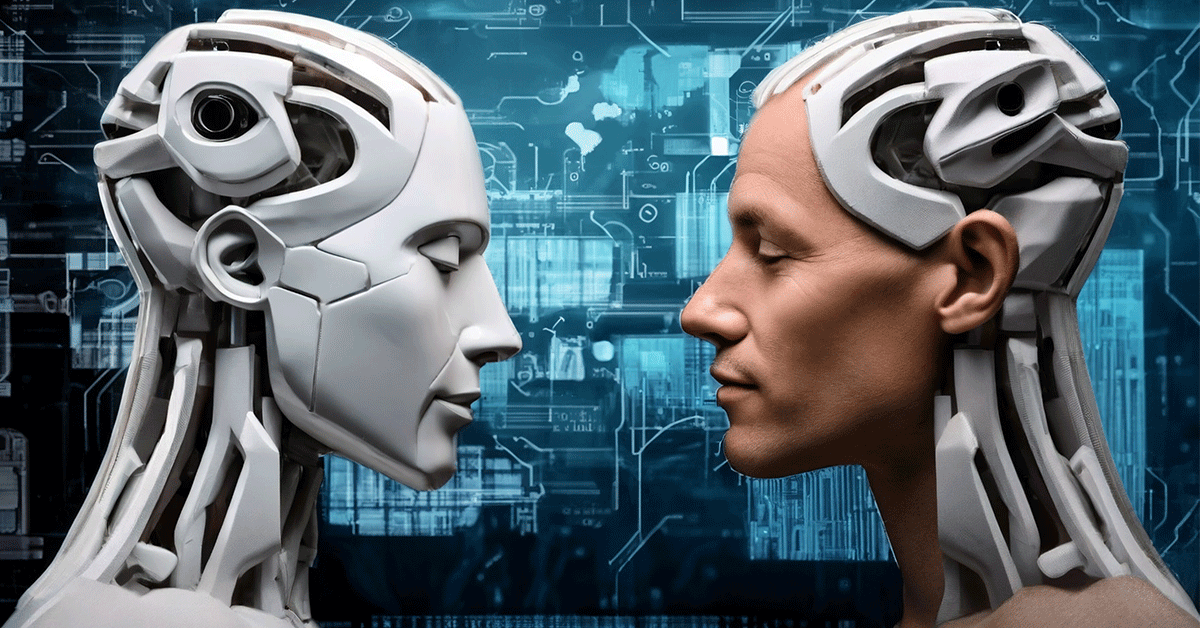
Amidst these challenges, one principle remains unwavering — AI is set to augment, not replace, the role of human clinicians. In the next decade, we anticipate a healthcare landscape where AI systems work hand-in-hand with medical professionals. Whether we like it or not, these new technologies are here to stay
